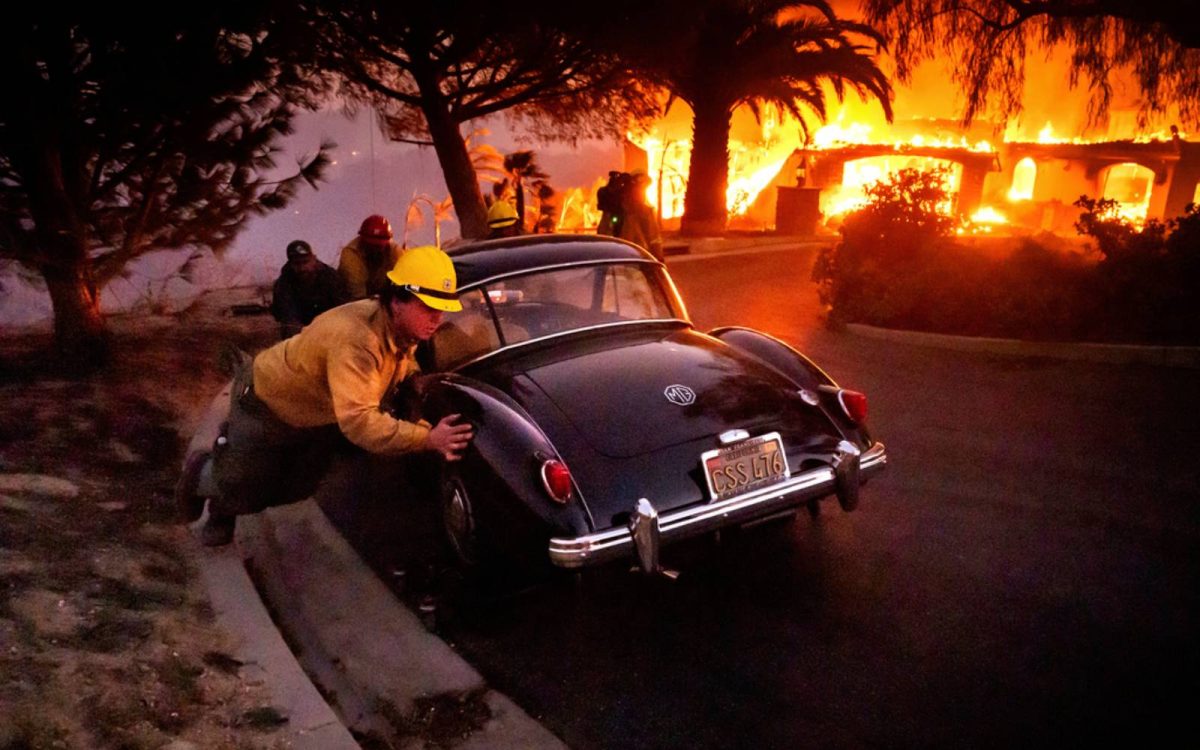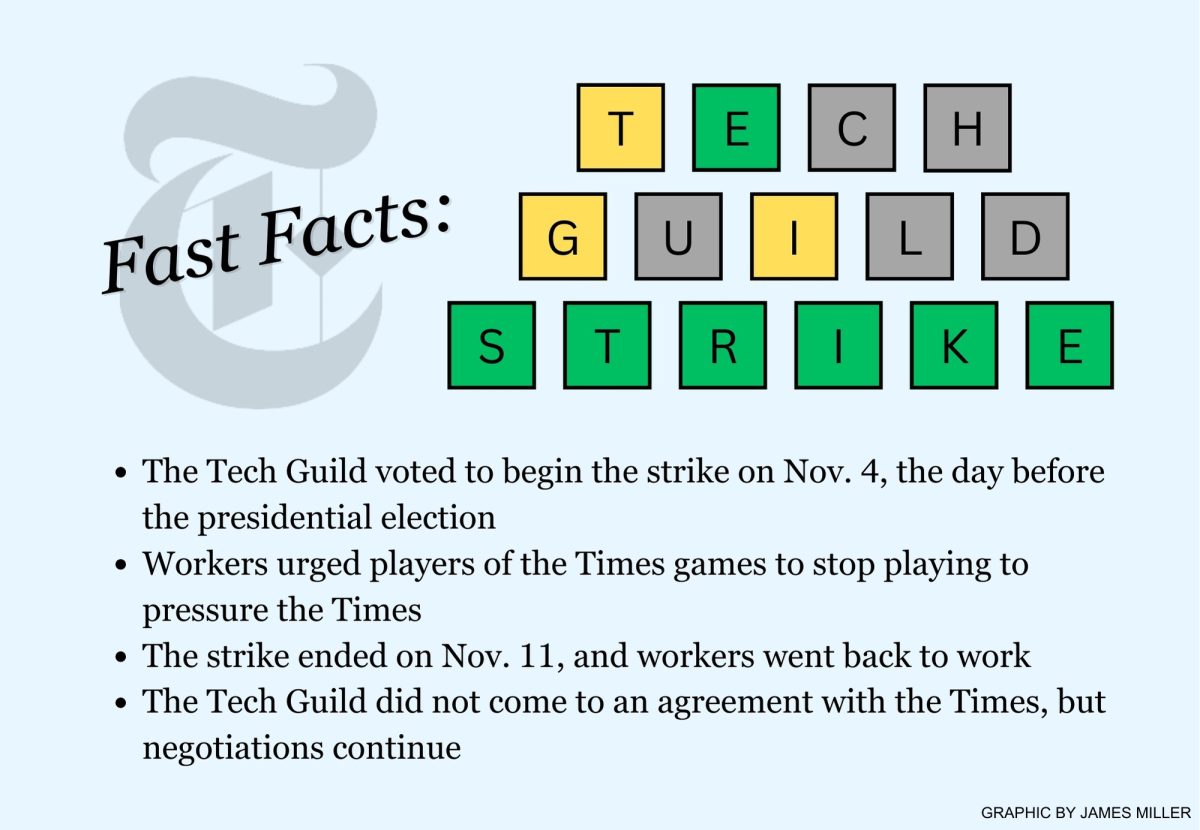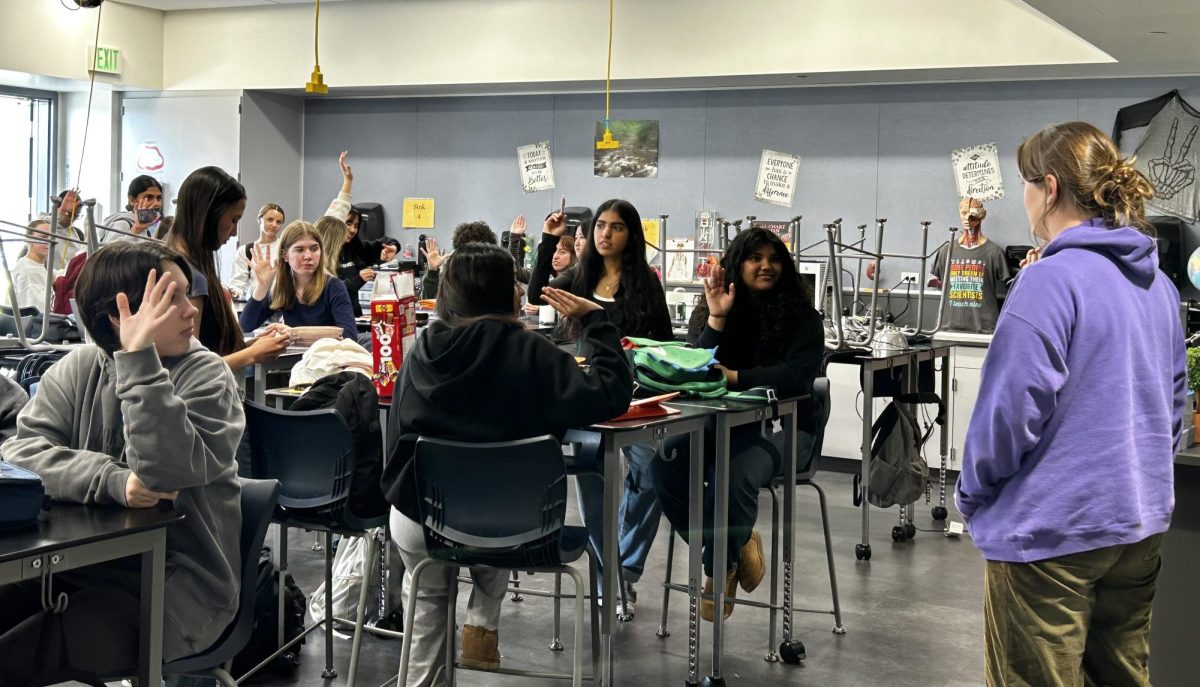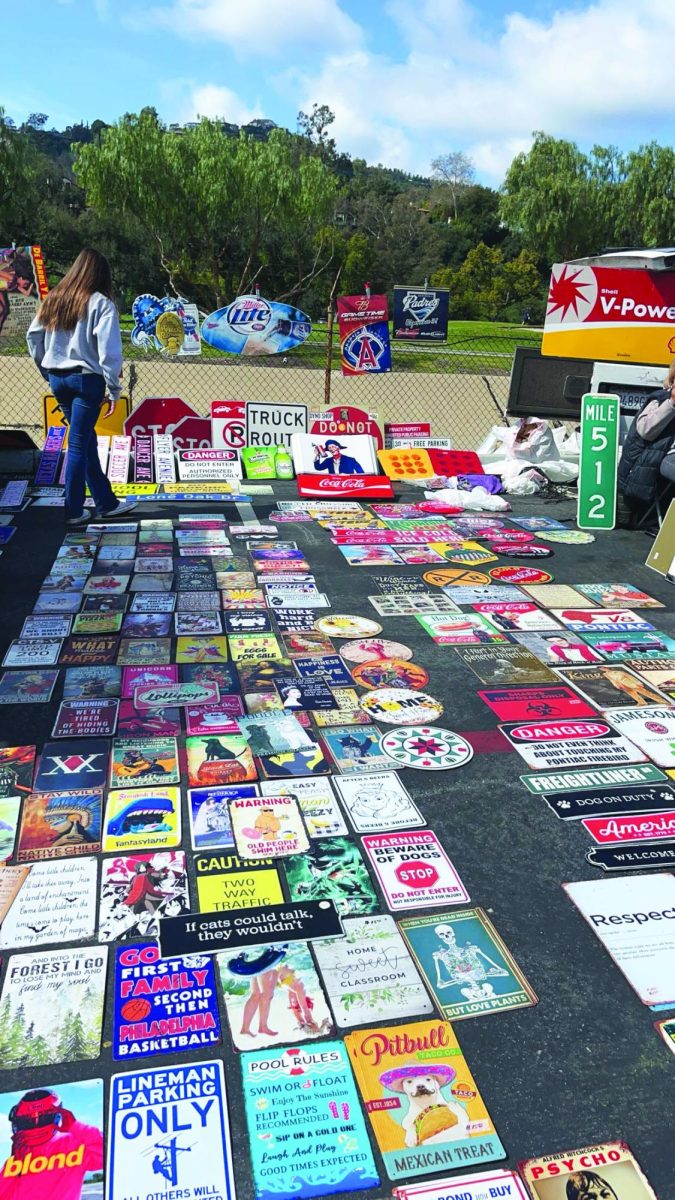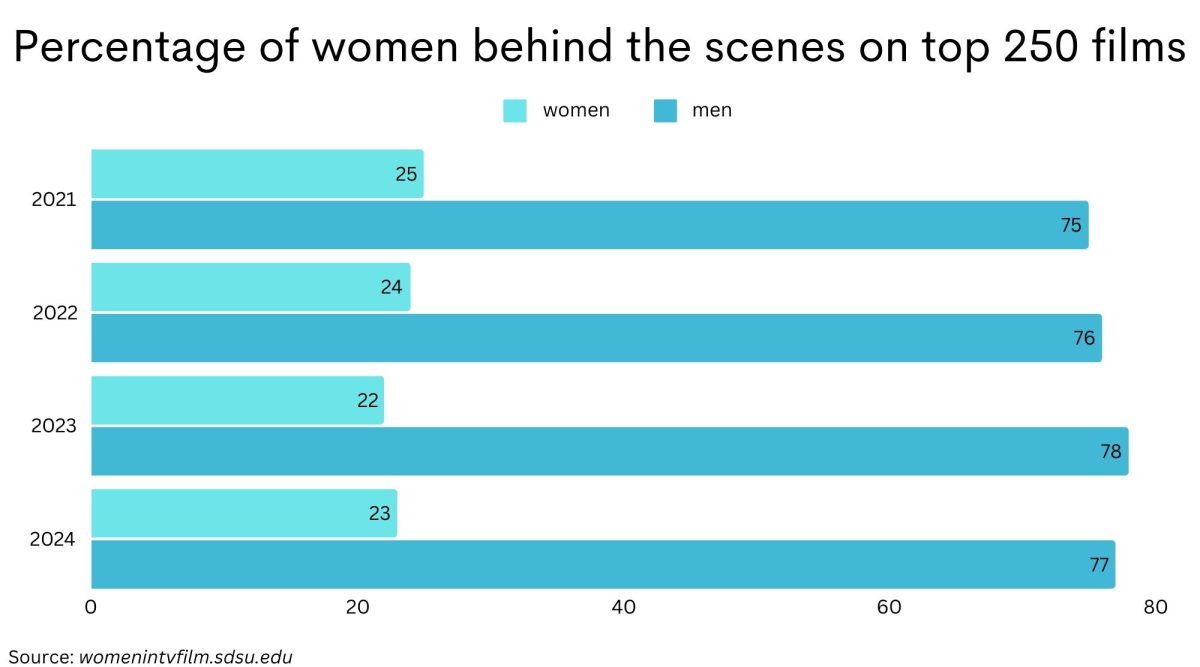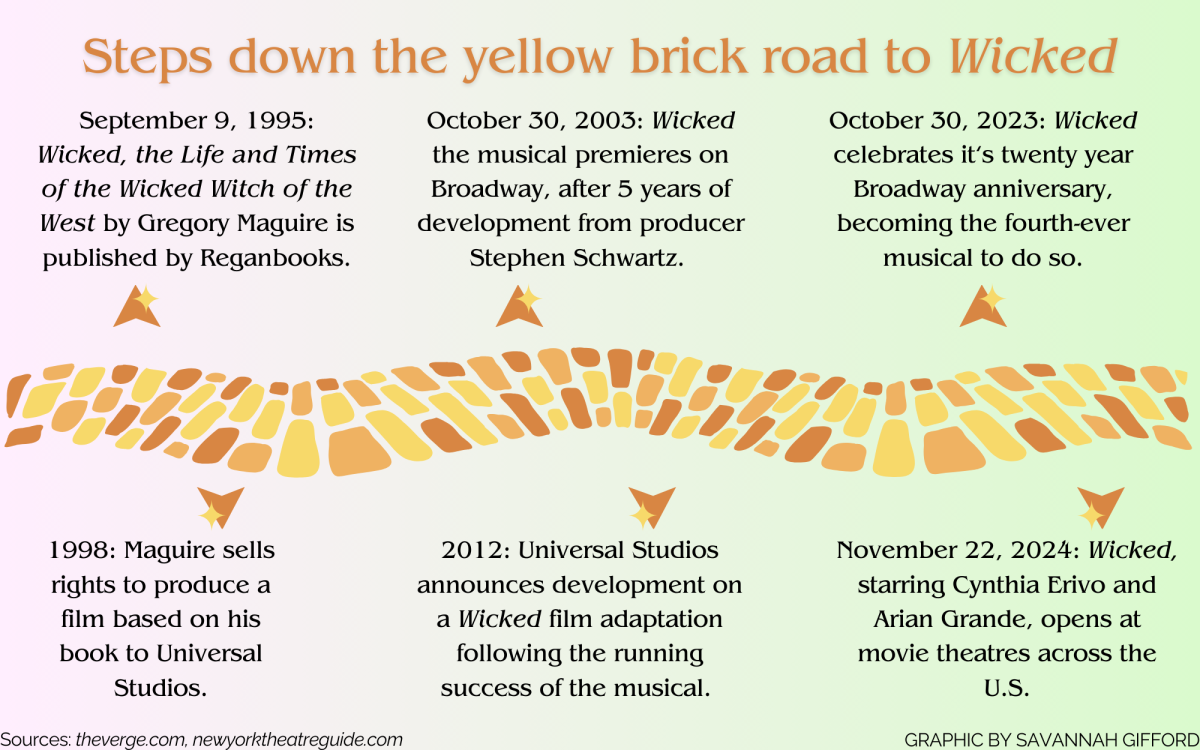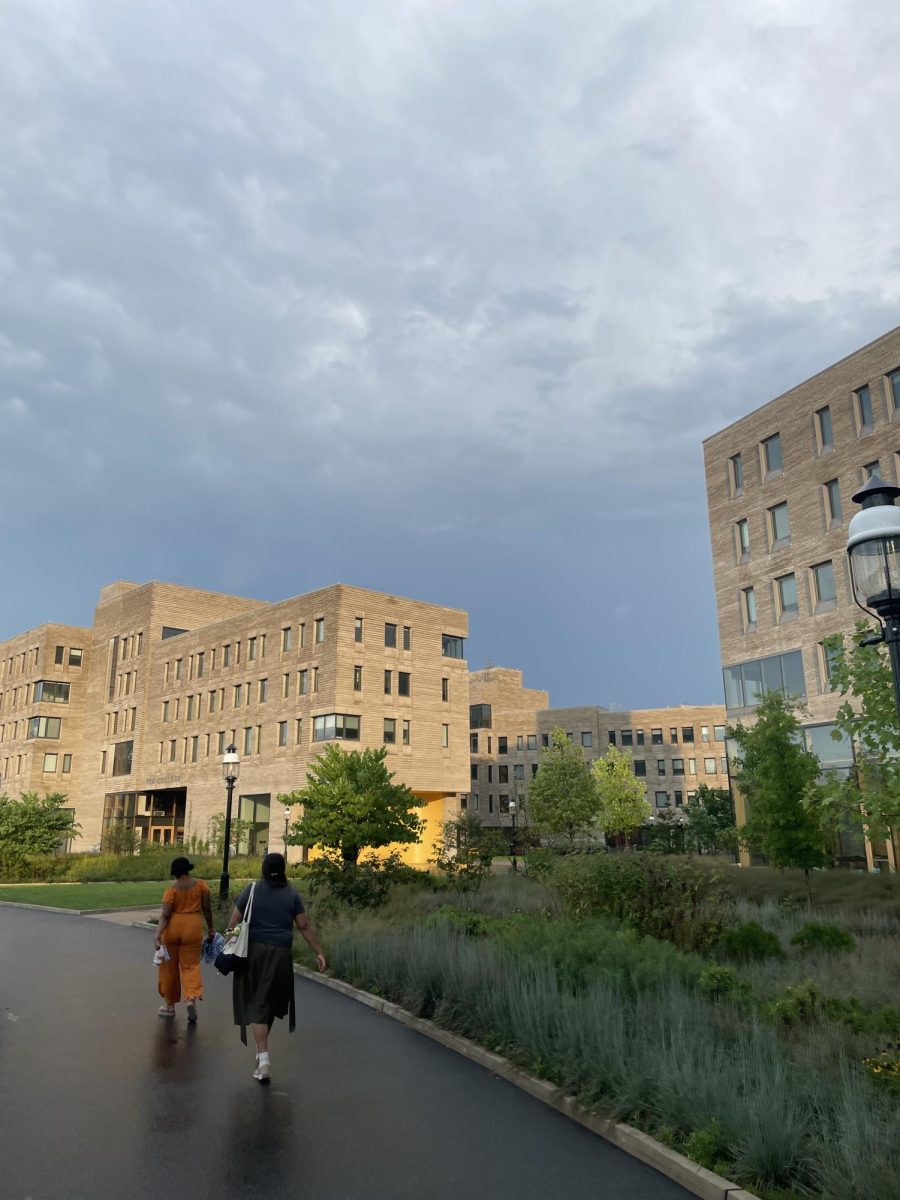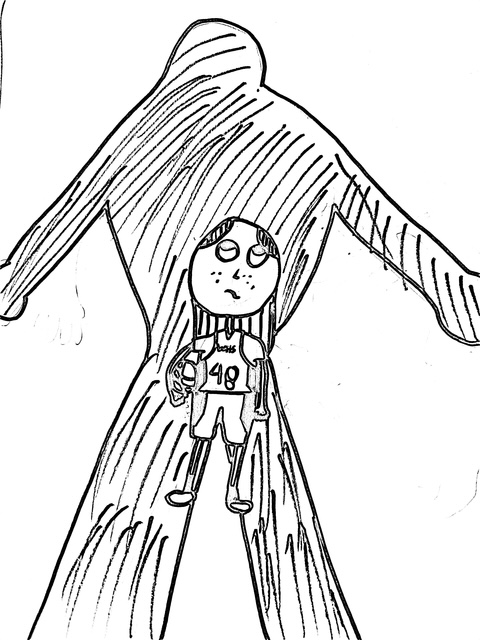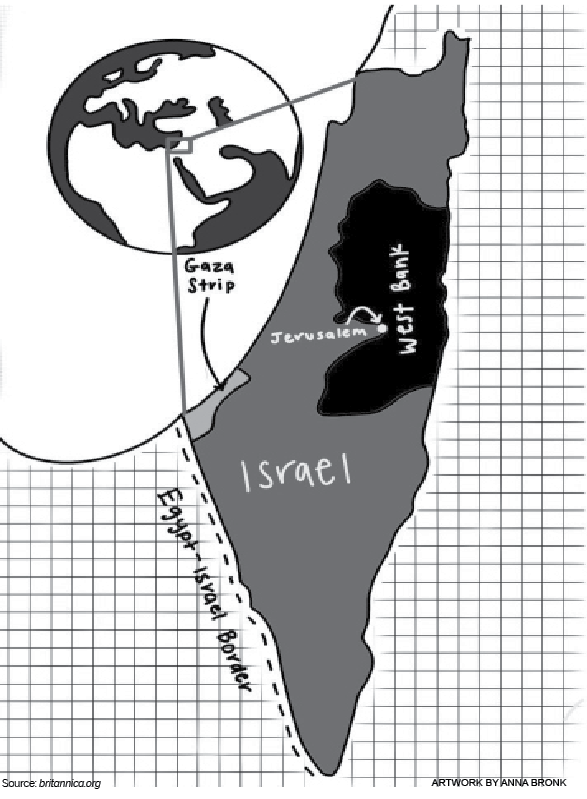On Oct. 7, 2023, Hamas, the Iran–backed political and military governance of the Gaza strip, a Palestinian territory, infiltrated the Israel–Gaza border, killing 1,300 Israeli civilians and soldiers and at least 31 American citizens. Hamas, a US–designated terrorist group, has fired thousands of rockets into Israel since and has forced over 180 hostages into the Gaza strip.
“Oct. 7, which was a sacred Jewish holiday, became the deadliest day for the Jewish people since the Holocaust,” said President Joe Biden in a televised press briefing. “It has brought to the surface painful memories and scars left by a millennia of antisemitism and the genocide of the Jewish people.”
The militant group’s acts of terror have resulted in the largest Jewish death casualty since the Holocaust and has left the Israeli towns of Sderot, Kfar Aza, Nahal Oz, Be’eri and Ashkelon reeling from the violence. Hamas has taken children believed to be as young as infants as hostages.
“It’s horrifying,” said Jewish Student Union co–president Hayley Shukiar ‘24. “Ever since [that] Saturday, it’s been really challenging knowing that’s what’s been going on, and we are all the way over here. We’re kind of displaced from where it’s happening, [yet] it still feels personal. It’s terrifying to know that the reason why these people are being killed is because they are Jewish.”
In response to the militant group, Israel officially declared war on Hamas on Oct. 16 and has fired over 6,000 missiles into the Gaza strip with aims of disbanding Hamas’s control. The bombing has left over 1.1 million Palestinians displaced and over 9,000 people killed as of Nov. 6, according to un.org.
“I believe [the bombing in Gaza] is inhumane,” said Anthony Quevedo–Gomes ‘24. “I think that what Israel is doing is incorrect, but I do believe that both sides have gone through a lot. The killing of children on both sides is horrific.”
The Israeli government is facing broad criticisms from Arab nations in the UN for the bombings in Gaza. Though Israel disputes the accusations, many nations claim Israel has not given Gazans adequate time to evacuate. However, the only point of exit from the 25 mile long Gaza strip to Egypt is border crossing Rafah which has suffered under heavy missile fire from Israeli Defense Forces. As of Oct. 22, the border continues to only be open to humanitarian aid leaving millions of Palestinians and 600 Americans trapped in the crossfire, according to state.gov.
“I don’t believe in carpet bombing especially [since] they’re saying they want to [get rid of] the biggest leaders of Hamas, but does it really outweigh the lives of innocent people?” said Quevedo–Gomes. “Are we really going to have to carpet bomb all these places [where] families live just to [get rid of] the big, main guys?”
The United States has been a constant ally of the state of Israel. A few hours after the attack, President Joe Biden gave a televised press briefing to the world reaffirming American support to Israel, and he announced more aid to Israel and UN humanitarian efforts in the coming weeks.
“Today, I’m also announcing $100 million in new US funding for humanitarian assistance in both Gaza and the West Bank,” said Biden. “This money will support more than 1 million displaced and conflict–affected Palestinians, including emergency needs in Gaza. We have stood by [Israel’s] side ever since [their founding], and we’re going to stand by [their] side now.”
Israel and Palestinian have had over 16 military clashes since their founding in 1948 which has led to harsh sentiments on both sides. The region is known for its constant conflicts over land between the two ethnic sides, Israelis and Palestinians, and their respective religions, Judaism and Islam. As a result, a common flash point has been the city of Jerusalem which is home to the Temple Mount — the most sacred Jewish site and third most sacred Islamic site.
“Israel has always been a place where there [has been] lots of violence, but at the same time there has been peace between different beliefs and groups of people,” said Shukiar. “In Jerusalem there is the Muslim quarter, the Jewish quarter and the Christian quarter. Walking through [the quarters], … it was peaceful and it seemed that people could coexist, but whenever [incidents] like this happen, it makes it a lot harder to believe that [peace] is possible.”
Historically, the tensions have been over ownership of the Temple Mount in Jerusalem. Currently, the majority of the Temple Mount is inhabited by the Al–Aqsa Mosque which is under the control of the Palestinian government with support from other Arab nations. The Golden Dome, the main part of the mosque, can only be accessed by Muslims, with Christians and Jews being prohibited from entering.
The Wailing Wall, a portion of the boundary of the mosque’s compound, is the only place of worship for the Jewish people; however, more recently, flashpoints have started when Jewish residents and pilgrims have forcefully entered the main mosque compound. Hamas alleges that their attack on Israeli villages is over the Mosque’s subsequent intrusion.
“I do hope there is peace,” said Fatima Mapara ‘24. “I don’t want the land to only belong categorically to one group of people. Jerusalem is home to all three religions, and it’s not fair to say, ‘I only hope this land belongs to Muslims’, or ‘I only hope this place belongs to Jews … or Christians.’ Israel and Palestine can live in peace if they can come up with an [equal land] solution.”
With tensions growing every day, a renewed call for humanity has been echoing around the world with politicians and regular individuals speaking out against the violence and calling for people’s safety in the Israel–Gaza conflict.
“[The victims] are not the product of their government,” said Jewish Student Union co–president Jackson Scarbrough ‘24. “They [were] just trying to live their lives in peace.”


